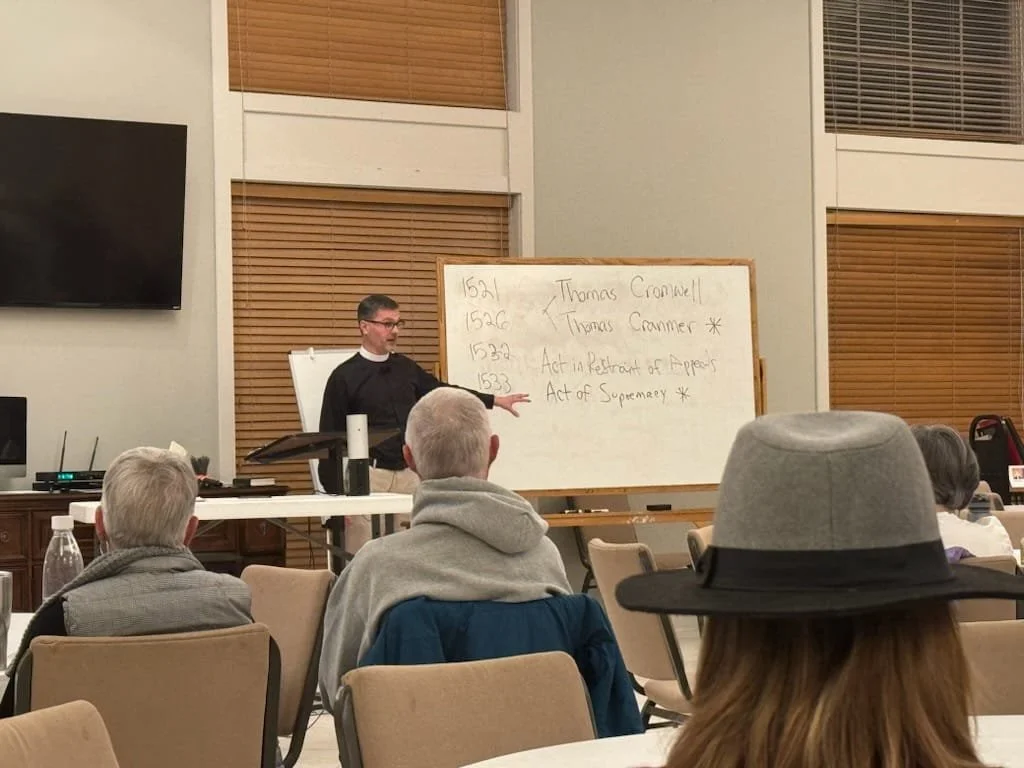Butler Bass: Belonging, Behaving, Believing
“Instead of believing, behaving, and belonging, we need to reverse the order to belonging, behaving, and believing. Jesus did not begin with questions of belief. Instead, Jesus’ public ministry started when he formed a community.”—Diana Butler Bass in Christianity After Religion: The End of Church and the Birth of a New Spiritual Awakening (HarperOne 2011), pp. 11-64.
Diana Butler Bass tries to help us understand what is happening in the present-day changing Christian landscape, where religion is no longer the center of a member’s life. She reminds us that our religion started with community, not confession. Thomas Watkins from Wilson, North Carolina, also tries to explain how our church might change using the South’s love of football in an article in the Journal of Preacher (“Game Day: Becoming a New Church in an Old South,” Pentecost 2017, vol. 40, no. 4) “They (fans) are not asked to show their diplomas at the stadium gate.”
One of the most frequent questions of those seeking spiritual direction is, “I don’t know if I believe or what I believe anymore. Maybe I am no longer a Christian.” If the person belongs to a confessional denomination or church of orthodoxy, where they must believe a specific set of doctrines, this can sometimes be a problem. Some denominations are churches of orthopraxy, where members are held together because of how they worship or practice their faith. In that circumstance, a changing belief is considered, at times, an asset, a sign of growth. Our relationship to God will change as our God becomes larger, as we see the Christ in more and more people, people who are very different from ourselves.
I often quote that line I first heard from Alan Jones at a Trinity Wall Street conference at Kanuga in the early 2000s: “The opposite of faith is not doubt, but certainty.” Doubting signifies that God is working in us; our relationship is changing. Sometimes, this change in the relationship can feel like the movement of the earth’s tectonic plates. Sometimes, it can be like a volcano erupting. But, if we can take it as a good and not a bad thing and try to stay steady, a new relationship and a new life will arise. I remember a quote from Catherine Marshall, “Those who never rebel against God or at some point in their lives have never shaken their fists in the face of heaven have never encountered God at all.”
Community is so important in this process. In a church alive with the spirit, there will be many others who have experienced this awakening who can walk and hold a steady hand when the foundations that we thought were our beliefs are threatened. We see that these beliefs are not endangered but enlarged. We learn about these enlarging connections to God through belonging to a community.
Joanna https://www.joannaseibert.com/



